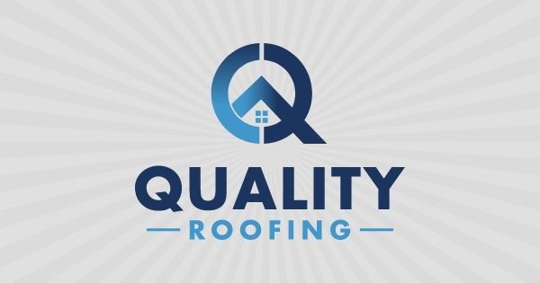When was the last time you scheduled a professional roof inspection? Your insurance company may want to know. For some insurers, roofing inspections are not just a good idea—they are mandatory to keep your monthly premiums low and, in some cases, maintain your homeowner’s insurance policy. So, if you have not scheduled a roof inspection recently, now is the time.
A reputable roofing contractor will offer inspections under the umbrella of their roofing services. A roof assessment is fast, affordable, and can help you keep your roof in excellent condition for many years. Read below to learn more about roof inspections for insurance.
What is a Roof Inspection?
A roof inspection is a comprehensive assessment of your roof to identify and correct any issues affecting the roof’s performance, structural stability, or market value. What a roof inspection is NOT is a glance to see if any shingles are missing. Contractors perform a professional roof inspection that includes an evaluation of the following components:
Roofing material
Ventilation
Decking
Flashing
Gutters Caulking
Supporting framework
Seams/valleys
Chimneys/skylights
Roofers also look for leaks, signs of mold, and rust. All of these issues can work against you if an insurance adjuster decides it’s time for a roof assessment or if you file a roofing insurance claim. For this reason, you should schedule a routine roof inspection annually or according to the manufacturer’s specifications.
The Benefits of a Roofing Inspection
When mandated by an insurance company, a roof inspection can benefit you or work against you, depending on the condition of your roof. So, if you want to prevent the insurance company from denying a claim or canceling your policy, you are better off scheduling a routine assessment. There are several benefits of a professional roof inspection:
- Your monthly homeowner’s insurance premiums stay low.
- You catch minor issues before they become major problems.
- Your roof provides protection when you need it most.
- A roof in good condition is more energy efficient.
- You keep your warranty from being voided.
- Your roof will reach or exceed its life expectancy.
- Roof maintenance is cheaper than repairs.
Also, remember that a clean roof in excellent condition has better curb appeal than a dirty roof. If you decide to sell your house, you can use the roof as a selling point. Potential buyers are more likely to buy your house if they do not have to spend extra time and money fixing the roofing system.
Is a Roof Inspection the Same as a Roof Certification?
The answer is yes and no. To get your roof certified, you need to schedule a roof inspection by a licensed roofing professional. The main purpose of an inspection is to identify problems you need to address right now. An inspection preserves your roof to maintain its structural integrity and protect the home’s interior.
A roof certification essentially performs the same function but for a different reason. A certification is an inspection that lets you know what the overall condition is and an estimate of the remaining life of the roof. Insurance companies may request a roof certification when assessing liability and risk. They can then decide whether to offer coverage for the roofing system.
Why Insurance Companies Request Roof Inspections
Every year, between June 1st and November 30th, insurance companies cross their fingers that a major hurricane will not sweep through the coast. When one does happen, adjusters are tasked with calculating the depreciation value and actual value of the roof.
When inspecting some roofs, the adjuster inevitably discovers that some damage could have been prevented if the homeowner had maintained the roof. This is where the problem with payouts begins.
To prevent paying more money for roof damage than is necessary, the insurer may request a mandatory roof inspection to determine if the roof is still insurable. Several issues or events may trigger an inspection:
- The age of the roof (usually roofs that are 20+ years)
- A suspicion that you have not maintained or repaired the roof
- Roof replacement (especially if you changed roofing materials)
- A condition in your homeowner’s insurance policy
- Taking out new homeowner’s insurance for an old house
Therefore, the primary purpose of a roof inspection is to prevent needless roof damage caused by neglect, a poor roofing job, or building code violations.
What Happens if My Roof Fails Inspection and My Claim is Denied?
Whether you can contest an insurance claim denial depends on the circumstances of your claim. If the adjuster can prove that you neglected the roof or that some of the roof damage was pre-existing, there may be little you can do to reverse the insurance company’s decision. However, if you believe that the insurance company has made an error, there are some things you can do to win the claim.
First, gather documents that verify that you have maintained the roof since living in the house. The roofing contractor you hired for the job may also provide proof of scheduled roof maintenance and repairs. Second, get a second opinion. Hire a roofing contractor to inspect the roof and assess the damage. A confirmation from a roofing professional may convince the insurance company to reopen your claim or reverse their decision. If all else fails, you may want to consult an attorney to discuss your legal options.
Schedule a Free Roof Inspection
Quality Roofing offers premier roofing services for homeowners in Florida. Call (850) 753-0041 or fill out the quick form on our contact page to schedule a free roof inspection.
The post What to Know About Roof Inspections for Insurance appeared first on Quality Roofing Solutions.

